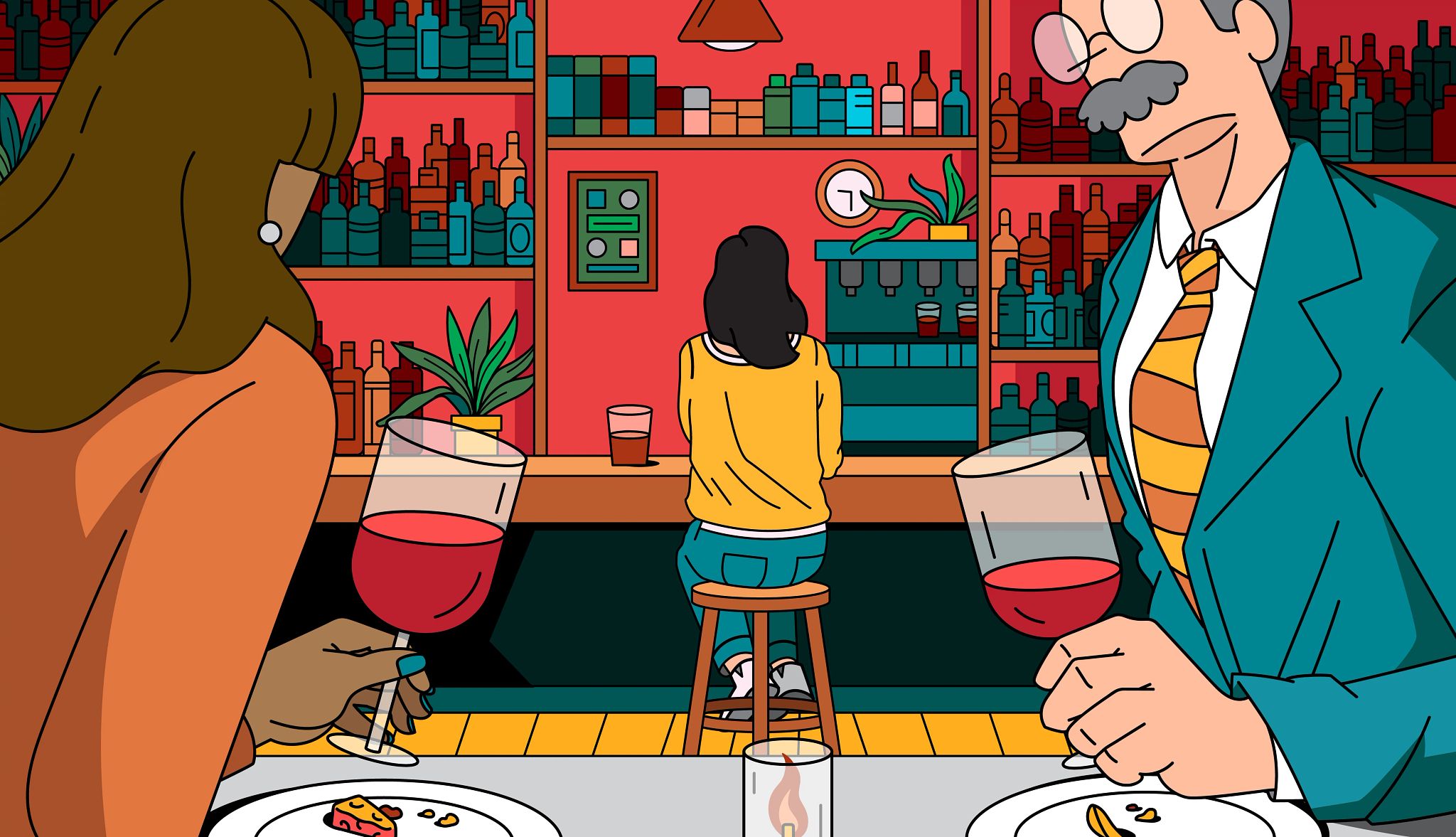
How to succeed at dating in your 50s | members only
- Select a language for the TTS:
- UK English Female
- UK English Male
- US English Female
- US English Male
- Australian Female
- Australian Male
- Language selected: (auto detect) - EN
Play all audios:

If you’re single in your 50s, you’re in good company. About 29 percent of U.S. adults ages 50 to 64 say they’re unpartnered, according to Pew Research Center. That’s higher than the
percentage of 30- and 40-somethings (21 percent) who say the same. Whether you’re newly single or never married, you’ve probably noticed that dating is different in your 50s. There are fewer
prospects, for one thing, since the majority of people your age are already in relationships. You also likely have more demands on your time than in your early dating years, whether due to
family obligations, work or caregiving. What you’re looking for in a romantic partner may have changed, too, now that finding a coparent for future kids may be off the table. Just 27 percent
of Gen X singles who have been married say they want to get married again, according to a 2023 study by Match. Dating via websites and apps may seem like a good way to meet age-appropriate
singles — 23 percent of U.S. adults in their 50s have tried a platform at some point, according to Pew — but they definitely have their downsides. In fact, among people over 50, 38 percent
of men and 57 percent of women say their online dating experiences have been negative, Pew found. So what are the best ways to date in your 50s — and have fun doing it? Experts suggest these
tips. BE INTENTIONAL. Focus on “quality over quantity” of dates, advises Francesca Maximé, a licensed psychotherapist in New York. Lara Starr, 55, a publicist in San Anselmo, California,
who is widowed, has a simple test to decide whether to accept a second date: “I ask myself, _Would I rather spend more time with him, or would I rather stay home and watch Netflix?_” EXPAND
YOUR “TYPE.” That goes for looks, race or ethnicity, profession and even age — whether older than you or younger than you. “People tend to live in the past and re-create what they knew, as
opposed to trying to establish something new,” says Lawrence Siegel, a clinical sexologist who has researched dating and intimacy issues among older adults. “We’ve got to figure out who we
are now, what we want now, what’s important to us now,” he adds.
